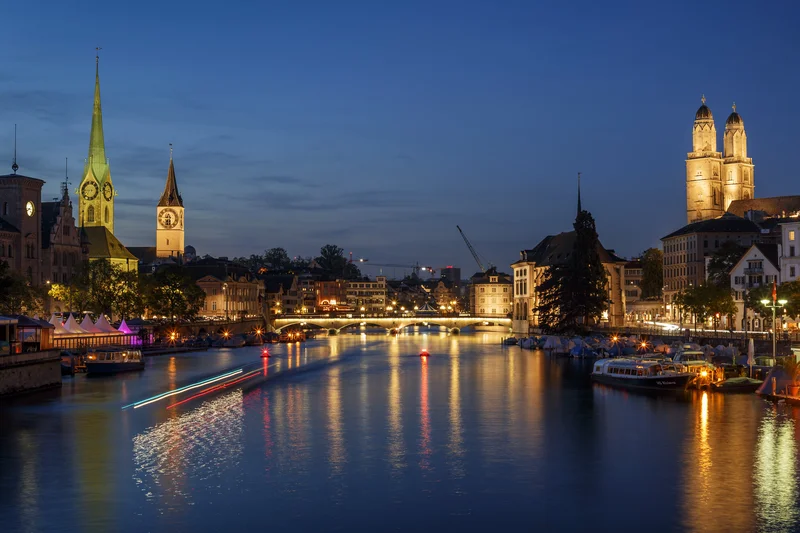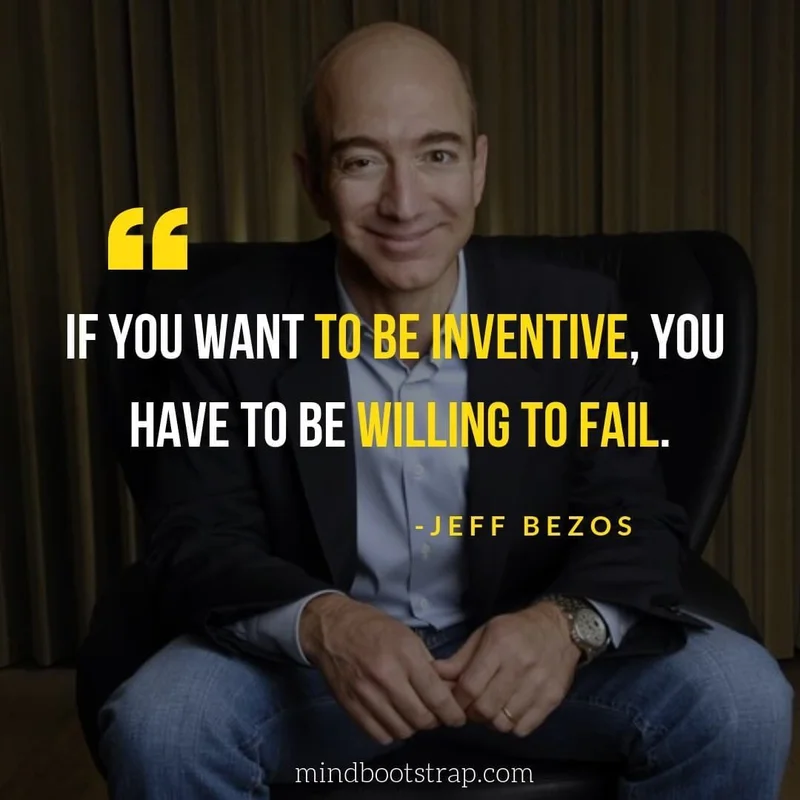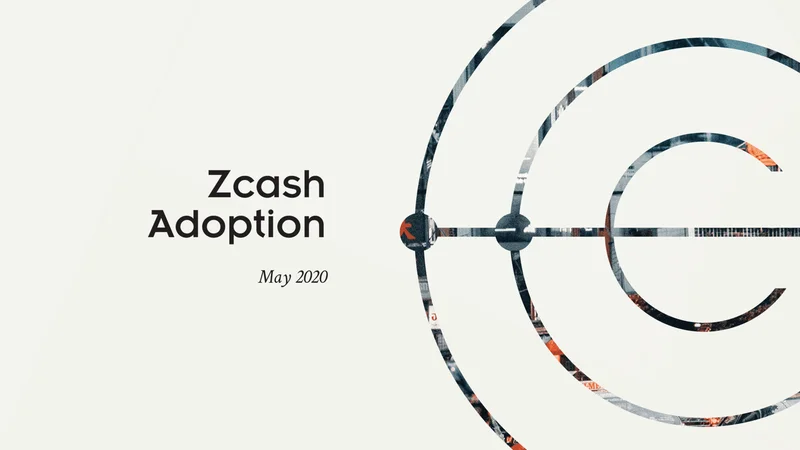Zurich: FIFA Draws and the World Cup Dream
The 2026 World Cup Playoffs: A Glimpse Into the Future of Global Football
Okay, folks, buckle up because we're about to dive into something that's way more than just a soccer tournament. It’s a window into how global events are evolving, how technology is shaping sports, and, frankly, how the world is getting a whole lot more interesting. I'm talking about the 2026 World Cup playoffs.
The Beautiful Game, Amplified
FIFA's decision to host the playoff draws in Zurich on November 20th isn't just a procedural step; it's a statement. It's a signal that the 2026 World Cup, with its expanded 48-team format, is going to be unlike anything we've ever seen. FIFA to host draws for World Cup qualifying playoffs in Zurich on Nov. 20 We're talking about a tournament that's not just about crowning a champion, but about bringing together a truly global community.
Think about it: 16 European teams, possibly including Italy (yes, that Italy!), battling for four spots. Six teams from outside Europe vying for two entries in intercontinental playoffs hosted in Mexico. It's a melting pot of talent, ambition, and dreams, all converging on one stage. The very structure of these playoffs—single-game semifinals and finals—creates an intensity that's just palpable. Every pass, every tackle, every shot carries the weight of a nation's hopes. It’s sudden-death soccer on a global scale.
And the fact that these playoffs slots will be placeholders coming out of the lowest-ranked pot 4 in the World Cup draw on December 5th – with none other than Donald Trump expected to attend – adds a layer of… well, let’s just call it “intrigue.” It’s like a real-world algorithm, mixing established powers with emerging forces, all determined by rankings and sheer will.
But here's where it gets really interesting. FIFA is using the next men’s world rankings, due to be published November 19th, to seed the playoff brackets. This isn't just about who's good now; it's about who's been consistently good. It's a meritocracy, albeit one shaped by algorithms and data analysis. It’s a far cry from the old days where politics and backroom deals could sway these kinds of decisions. This reliance on data is a trend we're seeing everywhere, from finance to healthcare, and now it's reshaping the world of sports.
What does this mean for the smaller nations competing? Does the emphasis on rankings create a self-fulfilling prophecy, where established teams stay on top, and underdogs struggle to break through? Or does it create a level playing field, where consistent performance is rewarded, regardless of historical reputation?
Imagine a team like New Caledonia, already qualified for the intercontinental playoffs. They're going up against established powerhouses. It's a David vs. Goliath scenario, but with real-world implications for the future of soccer in the Pacific. Will they rise to the occasion, defying the odds and inspiring a generation of young players? Or will they be overwhelmed by the pressure and experience of their opponents?

The Human Element in a Data-Driven World
Now, some might argue that all this data analysis and algorithmic seeding takes the soul out of the game. That it turns soccer into a sterile, predictable exercise. But I disagree. I think it actually enhances the human element. Because when the stakes are this high, when every decision is scrutinized, when the world is watching, the players are forced to dig deeper, to push themselves beyond their limits.
It’s like the early days of the printing press. Sure, it democratized information, but it also created a whole new level of competition among writers and thinkers. The same is true here. Data gives us a framework, but it’s the players, the coaches, the fans who fill in the blanks with passion, creativity, and grit.
And let's not forget the fans! The energy in the stadiums, the roar of the crowds, the collective joy or heartbreak after a goal – that's what makes soccer so special. That's what transcends borders and languages. That's what reminds us that, at the end of the day, we're all connected by our shared love of the game.
I saw a comment on Reddit the other day that really struck me. Someone said, "The World Cup isn't just a tournament; it's a global festival of human connection." And I think that's absolutely right. It's a chance to celebrate our differences, to learn from each other, and to come together in a spirit of friendly competition.
Of course, with this increased globalization and reliance on data comes responsibility. We need to ensure that the game remains fair, that all teams have equal opportunities, and that the voices of the smaller nations are heard. We need to be mindful of the potential for bias in algorithms and data analysis, and we need to constantly strive to improve the system.
But I'm optimistic. I believe that the 2026 World Cup, with its expanded format and data-driven approach, has the potential to be a truly transformative event. It's a chance to showcase the best of humanity, to inspire future generations, and to build a more connected and equitable world.
A New Era of Global Unity?
The 2026 World Cup playoffs are more than just a series of soccer games; they're a microcosm of the world we live in. A world where technology, data, and human passion intersect in unexpected and exciting ways. It's a chance to witness the rise of new powers, the triumph of the underdog, and the enduring power of the beautiful game to unite us all. The speed of this is just staggering—it means the gap between today and tomorrow is closing faster than we can even comprehend. And when I first saw the demo, I honestly just sat back in my chair, speechless.
So, What's the Future Look Like?
The 2026 World Cup playoffs are a bold experiment in global integration, a testament to the power of sport to transcend borders and unite humanity. It's a reminder that even in a world that often feels divided, we can still come together to celebrate our shared passions and aspirations. The world stage is set, and the future of football is about to be written.
-

The Juan Gabriel 'Alive' Hoax: Deconstructing the Latest 'Proof'
So,JuanGabrielisaliveagain.I...
-

Jeff Bezos: His Net Worth, His Love Life, and Why We're All Obsessed
So,JeffBezoshasdescendedfrom...
-

Zcash's Sudden Price Surge: Analyzing the Catalysts and Its Future Outlook
Zcash'sViolentRally:Deconstruct...
-

Warren Buffett's OXY Stock Play: The Latest Drama, Buffett's Angle, and Why You Shouldn't Believe the Hype
Solet'sgetthisstraight.Occide...
-

Registered Investment Advisor (RIA): Defining the Role, Services, and Fee Structures
TheQuietRuleChangeThatWillRe...
- Search
- Recently Published
-
- Cidara Therapeutics: Stock, News, & The Usual Spin?
- ANyONe Protocol: What the hell is it, and is it even real?
- BMO: The Bank, The Stadium, The Cartoon, and Why You Should Care
- BBAI Stock: The Investment Case vs. The Current Data
- CoreWeave's Stock Nosedive: What They're Not Telling You
- IRS Relief Payment: Status, Timing, and What the Data Shows
- Zcash's "Historic Surge": Hayes is Hyping It?
- BMO: What is it and Where Can I Find One?
- Avelo Airlines: FAA Cuts and the Lakeland Linder Opportunity
- SpaceX Launch Today: What Happened and Launch Time Details
- Tag list
-
- carbon trading (2)
- Blockchain (11)
- Decentralization (5)
- Smart Contracts (4)
- Cryptocurrency (26)
- DeFi (5)
- Bitcoin (29)
- Trump (5)
- Ethereum (8)
- Pudgy Penguins (5)
- NFT (5)
- Solana (5)
- cryptocurrency (6)
- XRP (3)
- Airdrop (3)
- MicroStrategy (3)
- Stablecoin (3)
- Digital Assets (3)
- PENGU (3)
- Plasma (5)
- Zcash (6)
- Aster (4)
- investment advisor (4)
- crypto exchange binance (3)
- SX Network (3)
